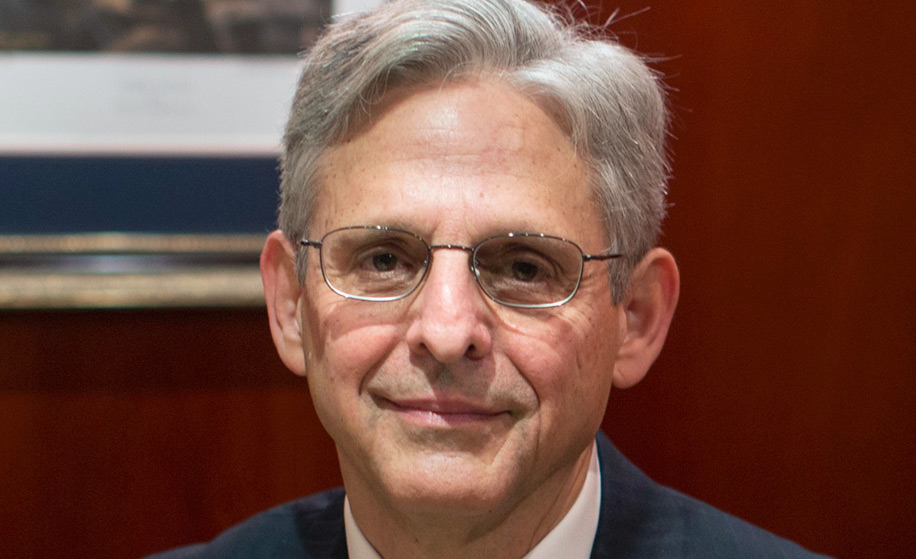Merrick Garland: how do you like me now?

For the first few months Attorney General Merrick Garland was on the job, pundit after pundit insisted that he was either doing “nothing” or that he was part of some wacky conspiracy to protect Donald Trump.
These claims were always asinine on their face. But for awhile it was difficult to make an effective counter argument, because the Attorney General and the DOJ tend to be deliberate with their actions and careful with their words. In other words we had to wait until the crux of Garland’s DOJ finally began to spill over into the public eye – but now that’s beginning to happen.
This past week alone has been a barnburner. Garland’s DOJ told the Treasury Department to give Trump’s tax returns to the House Ways and Means Committee, making clear that it’s not trying to “cover up” anything. Garland’s DOJ also refused a request from Mo Brooks to represent him in civil action he’s facing for his actions on January 6th – setting a clear precedent that insurrectionist politicians are in a legally precarious position. Garland also took action against rogue Texas Governor Greg Abbott over an illegal executive order.
Impatient observers, who don’t have much of a sense for how these things actually work, are now remarking that Garland is “finally doing something.” But in reality, all we usually get to see out of the DOJ is the end result of any given lengthy internal legal process, and it just so happens that some of these processes happen to be spilling into public view at the same time. Arguing that Garland was doing “nothing” prior to this week is akin to arguing that the chef has been doing “nothing” right up until the moment your food comes out. Legal positions and criminal cases take time to cook as well.
All along Palmer Report has been pointing out that we had far too little data to work with when it came to evaluating Merrick Garland; most of the negative opinions of his work were based on a handful of poorly understood DOJ positions, or the lack of publicly visible results. Now we’re finally starting to get some real evidence of what Garland has been up to these past months, and it turns out most “Resistance” types are happy with most of what he’s been doing.
There’s plenty more to be done. Last month Garland laid out a DOJ comprehensive plan to protect voting rights, but it’s largely going to consist of civil suits against red states, meaning it’ll take time to play out. Hanging insurrectionist politicians out to dry is a good start, but now that hundreds of lower level Capitol attackers have been indicted, more of them need to be flipped so viable criminal cases can be brought against the insurrectionist politicians directly. And while the arrest of Tom Barrack and the raid of Rudy Giuliani are progress, this needs to culminate in a criminal case against Donald Trump himself.
And the lone “bad” ruling out of the Garland DOJ thus far – its decision to continue representing Trump in the civil suit brought by E. Jean Carroll – should be reversed. But given the DOJ’s refusal to represent Trump’s allies in January 6th litigation, it now appears that the Garland DOJ’s decision to continue representing Trump against Carroll was based solely on the fact that the DOJ was already representing Trump in this case before Garland got there.
But for now, Merrick Garland seems to have fended off the teeming hordes of angry people with pitchforks who were demanding that he be fired simply because… well, even they probably aren’t even sure why at this point. Of course that could change on a dime again, depending on whether the DOJ’s next move happens to be something like the arrest of Matt Gaetz, or whether it happens to be a legal position on an arcane matter that’s poorly understood and spun inaccurately by pundits. But if anything, this week should teach us that sizing up a new Attorney General requires taking a longer view of things, and not merely basing that assessment on which way the wind is blowing.
